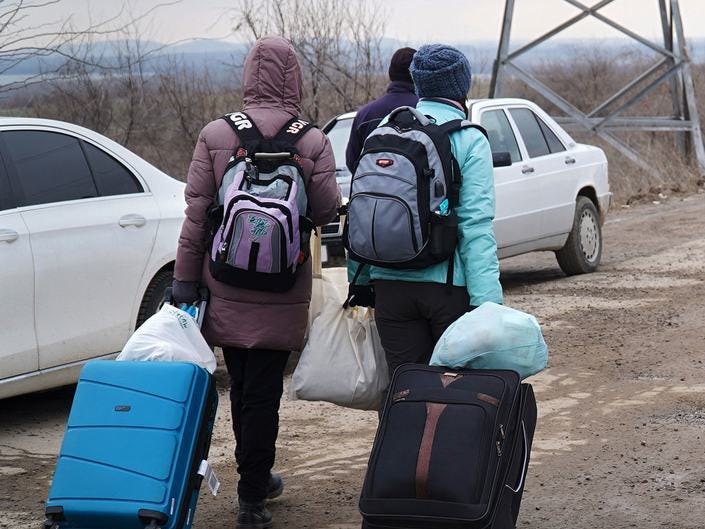- Groups are rushing to get emergency contraception and abortion pills to Ukrainians.
- The increased demand is linked, in part, to reports of sexual violence by Russian soldiers.
- Ukraine says it's received more than 400 reports of sexual violence in two weeks.
Local and international groups are rushing to get post-rape kits, emergency contraception, and abortion pills to Ukrainians amid growing evidence that Russian soldiers have used sexual violence as a weapon of war.
Ukraine says it's received more than 400 reports of sexual violence, including rape, in two weeks.
Existing data is unlikely to "convey an accurate picture" of the true magnitude of sexual violence in the country because rape so often goes unreported, even in times of peace, Jaime Nadal Roig, the UNFPA's representative to Ukraine, told Insider.
Though Insider has been unable to verify the allegations independently, reports of rape have emerged from across Ukraine.
"These stories are revolting that are being told by women, and many of them are becoming pregnant," said California Rep. Jackie Speier, a cochair of the Democratic Women's Caucus, during an interview with Insider.
Lyudmyla Denisova, Ukraine's ombudsman for human rights, said that in Bucha, where a massacre took place in March, about 25 girls and women — ages 14 to 24 — were raped during the occupation of a house. Nine of them are now pregnant, Denisova said, BBC News reported.
And because of pregnancies such as these, Speier said, there's now a critical race to quickly get reproductive-health supplies to Ukrainian women in need.
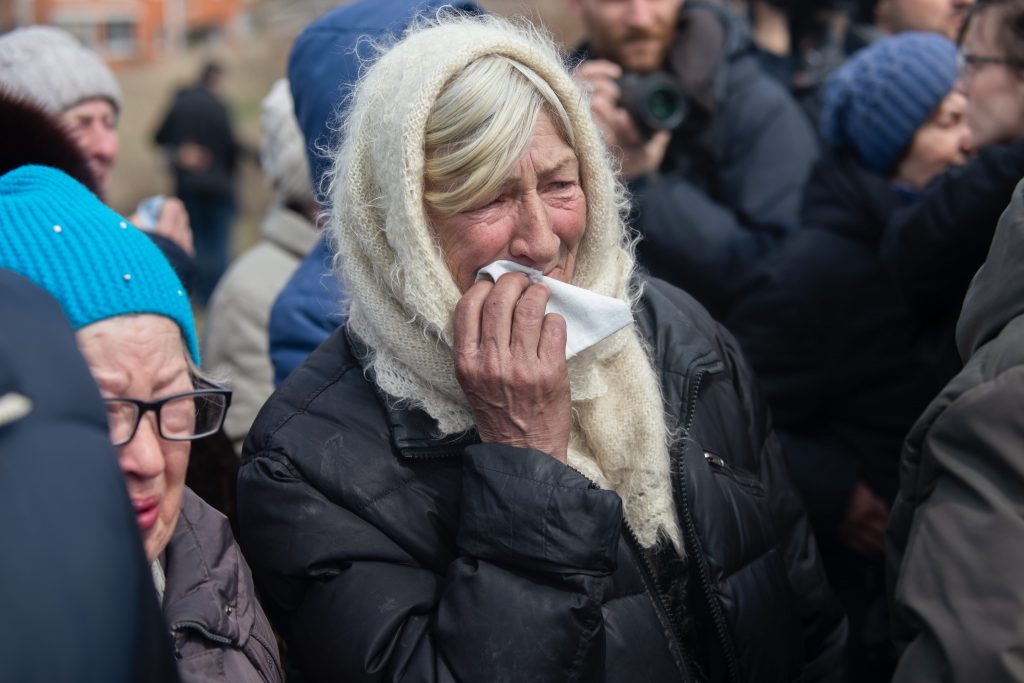
Caroline Hickson, the regional director of the European Network of the International Planned Parenthood Federation, said the organization had sent 2,880 packets of emergency contraception to Ukraine.
Emergency contraception, also known as the morning-after pill, must be taken within five days of sexual contact to be effective. Abortion pills can be taken up to 11 weeks into pregnancy.
It can't be determined if all the pills are to help rape victims, but Hickson said demand was highest in the east of Ukraine, "where the conflict is."
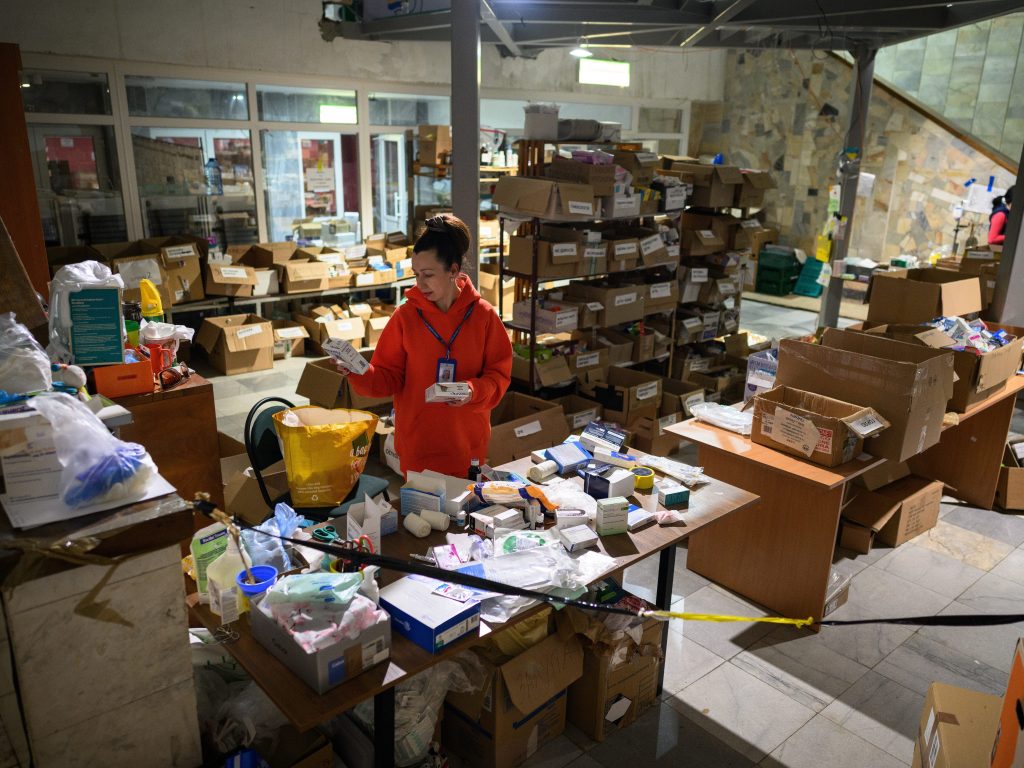
Emergency contraception and abortion were easily accessible in Ukraine before the war, but they have become near impossible to get as the war rages on and supply chains are disrupted.
Lygiai, a Lithuanian nongovernmental organization, is another group working to supply Ukrainians with emergency contraception, and it's sent 1,736 tablets since the beginning of the war, it said.
"The organizations we work with are also small organizations, so they find out about the need, and we know about it right away. So we can address those needs quickly because there's no bureaucratic process, and there's no red tape internally in our organizations," Lygiai's Skirmante Cairns said.
Ukrainian refugees are fleeing to countries with limited abortion access
A large number of Ukrainian refugees have fled to Poland, which has some of the most restrictive abortion laws in Europe.
Although abortions in the case of rape are technically allowed, it is "almost never performed," said Women Help Women, an organization partnered with Abortion Without Borders.
"The process of obtaining one is incredibly traumatic and includes obtaining a certificate from a prosecutor to prove rape occurred, which in the case of Ukrainian women is obviously impossible," the organization said in a statement to Insider.
Pregnant Ukrainian refugees who are too far along to use abortion pills are forced to travel to countries such as England and the Netherlands to seek out medical abortions, Women Help Women said.
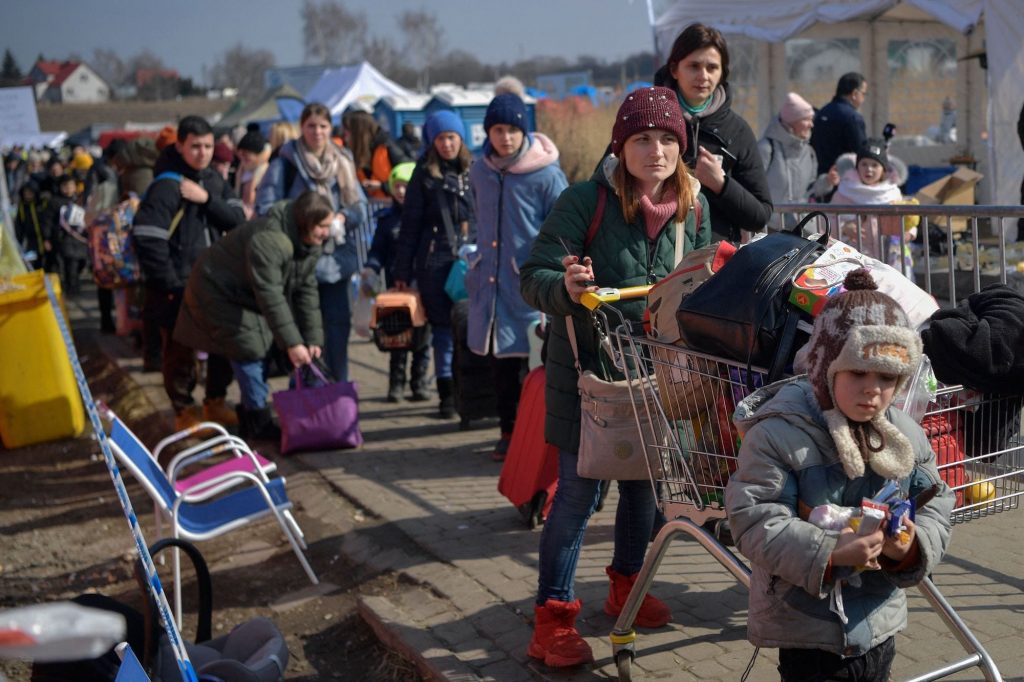
"They're going to a strange land, some of them with no economic means, and if they're lucky to have escaped, they could possibly be pregnant with a Russian rapist's baby," said Florida Rep. Lois Frankel, a cochair of the Democratic Women's Caucus, during an interview with Insider. "What could be more horrifying than that?"
Hickson, IPPF Europe's regional director, said abortion was also strictly controlled in Hungary and Slovakia, where many Ukrainian refugees have also fled.
She said that emergency contraception was available via prescription in Poland and Hungary, but that it could be extremely difficult to obtain.
"There are a lot of doctors who will simply not give that prescription or make it very difficult, or we've even heard reports that doctors will pretend that they're not allowed to give out that prescription," Hickson said.
She added, "There's a whole chilling effect that makes it extremely difficult for women from the country and then twice as difficult, of course, if you arrive and don't have any connections or know where to go."
For many, wartime is not the right time to have a baby
The demand for abortions and emergency contraception isn't solely from survivors of rape.
There are those whose lives have been turned upside down by the Russian invasion of Ukraine, and who no longer feel they can carry out their pregnancies.
"You may be displaced, separated from your partner, your family, your support systems. You've lost your job, your income, and your life is completely uncertain," Hickson said. "It may very well not be the moment you would wish to be pregnant."
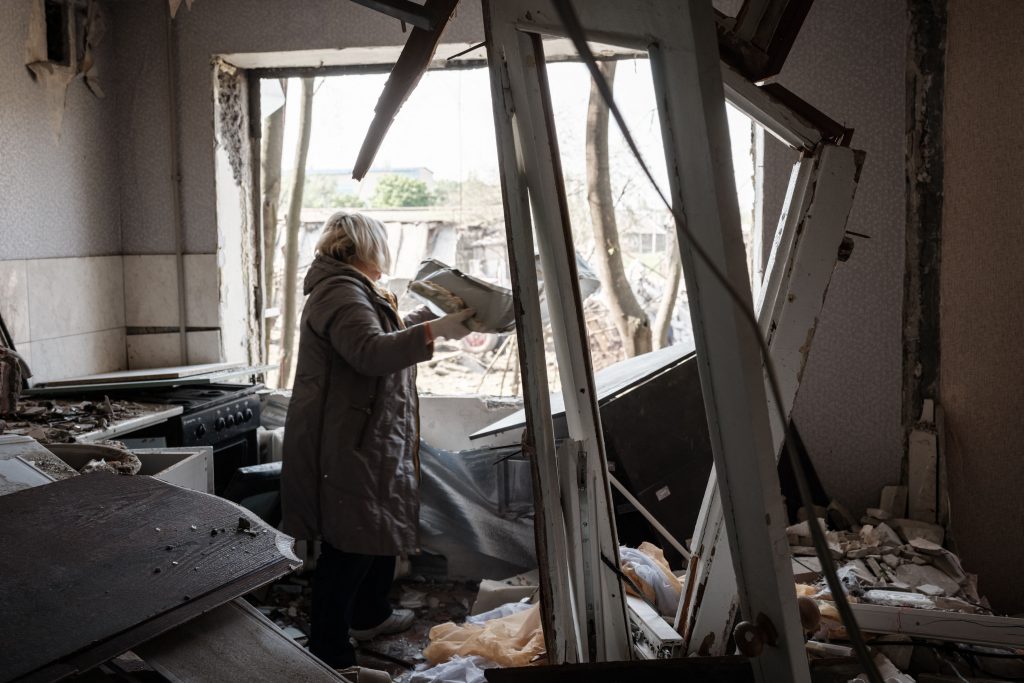
Many may feel that wartime is an unsuitable time to have a baby. Not least of all because the trauma of war, reports say, makes for increasingly difficult pregnancies.
Doctors in Poland say they are seeing higher rates of pregnancy complications, premature births, and stillbirths because of the stresses of war and limited access to healthcare for Ukrainian refugees, NBC News reported.
And within Ukraine, one doctor told the i newspaper that he attributed a 50% increase in preterm births in his hospital this year to the "psychological and physical suffering" brought on by the war.
The Democratic Women's Caucus hopes to 'put a spotlight' on the issue
The Democratic Women's Caucus, its cochairs Speier and Frankel said, wants to show solidarity with Ukrainian women who require reproductive healthcare.
Members of the caucus, Frankel said, have spoken to Secretary of State Antony Blinken about the issue. They now hope to "put a spotlight" on it.
"There's going to be recognition of the need to offer these services around the world, and particularly in war-torn areas," Speier said.
The issue of reproductive freedom is likely to resonate with many Americans at the moment amid the news of a potential overturning of the Supreme Court's landmark Roe v. Wade decision.
Speier said, "I think there is just a heightened sensitivity and awareness, certainly in the United States, about the potential loss of a right that women have had for almost 50 years."
